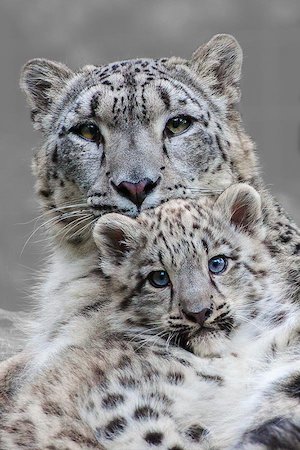It is a capital mistake to theorize before one has data. Insensibly one begins to twist facts to suit theories, instead of theories to suit facts.
Born to be Managers?
The paper’s subtitle is “Genetic Links between Risk-Taking and the Likelihood of Holding Managerial Positions.” It is hard for me to verify or assess this kind of result, but I pass it along for its interest:
Do genes determine who will become managers? Using the UK Biobank data, we study the phenotypic and genetic correlations between the likelihood of holding managerial positions and physical, cognitive, and mental health traits (n = 297,591). Among all traits we examine, general risk tolerance and risky behaviors (e.g., automobile speeding and the number of sexual partners) have the strongest phenotypic and genetic correlations with holding managerial positions. For example, the genetic correlation between automobile speeding and being managers is 0.39 (P = 3.94E-16). Additionally, the genetic correlations between risk-taking traits and being managers are stronger for females. Genome-wide association study (GWAS) shows holding managerial positions is associated with rs7035099 (ZNF618, 9q32), which has been linked to risk tolerance and adventurousness. Overall, our results suggest individuals with risk-taking-related genes are more likely to become managers. To the best of our knowledge, this paper is the first GWAS of the genetic effects on leadership.
That is from a new paper by Jinjie Lin and Bingxin Zhao
Dark Patterns Tip Line: “Dark patterns are common in websites and apps we use everyday, but they’re sometimes hard to spot because they’re designed to deceive us. Through secretly obtaining personal information and making us do things we don’t want to do, dark patterns can create inconveniences or even serious harms. Every day, we’re exploited for profit through dark patterns: design tactics used in websites and apps to persuade you into doing things you probably would not do otherwise. We need to take a stand against dark patterns—and you can help by reporting a dark pattern today. It will help us fight back against companies using manipulative dark patterns to take our private information, money, and time. You deserve respect, online and off.
Notice a website or app up to something suspicious? Maybe you’ve felt forced into giving up personal details or discovered hidden fees. Document and share your experience to help prevent other people from also being harmed. Sharing a dark pattern you spotted in the wild helps us learn more about interfaces and designs that impact real people. Your tips will help policymakers and enforcers hold companies accountable for their dishonest and harmful practices, and we may feature your submission on this site. Join the movement to call out corporations for taking what’s not theirs. We encourage uploading images or screenshots that show the dark pattern you’ve encountered. Please don’t include any personal information in your submission…”
